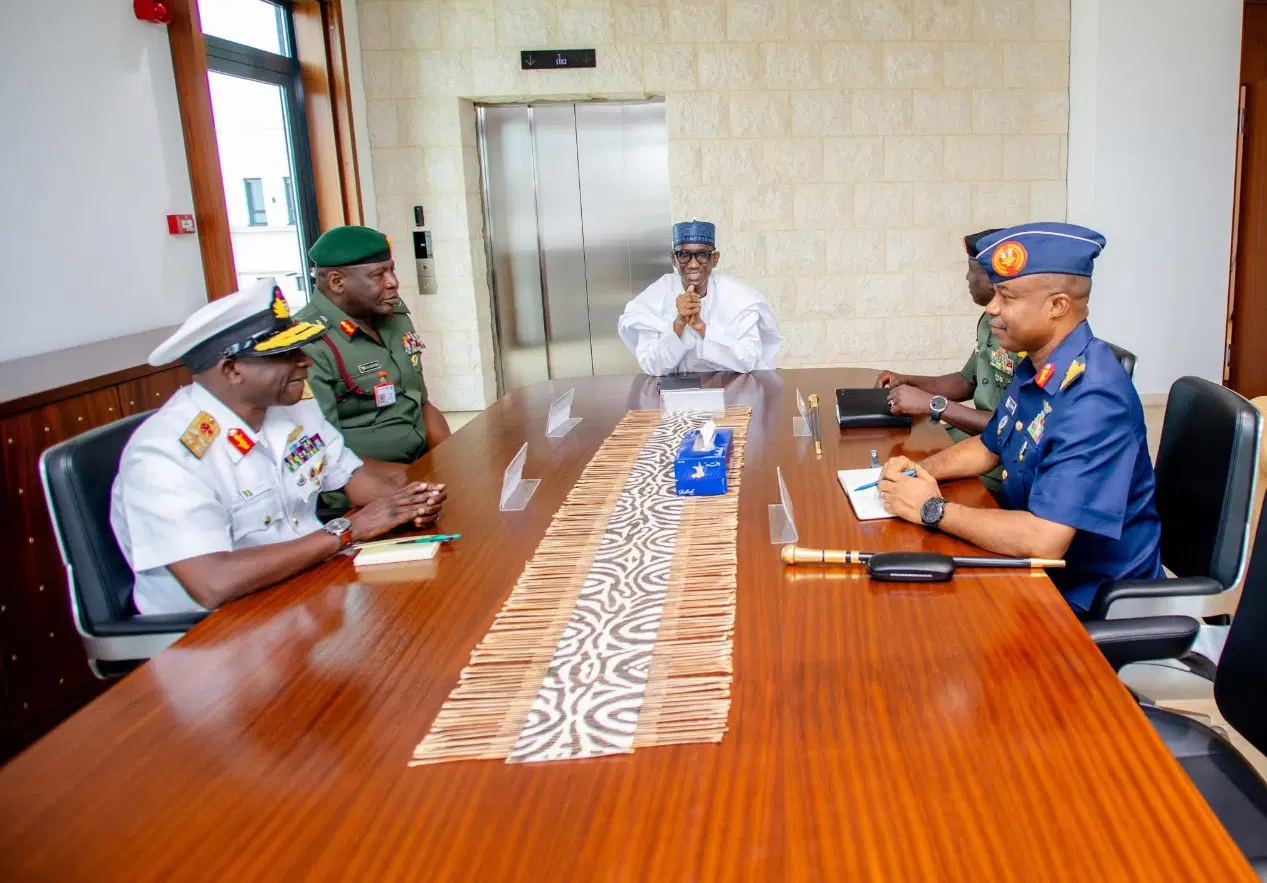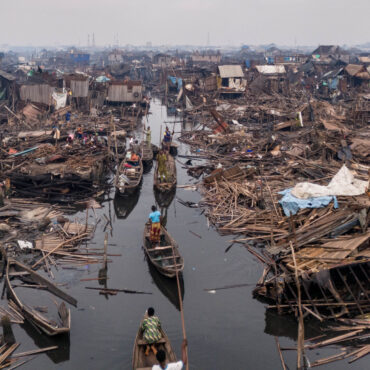ABUJA — The National Security Adviser, Mallam Nuhu Ribadu, on Monday convened a high-level security meeting with the nation’s service chiefs and heads of intelligence agencies in Abuja. The meeting followed reports of an impending U.S. military action against Nigeria over allegations of large-scale attacks on Christian communities in parts of the country.
The closed-door session, which took place at the National Counter Terrorism Centre (NCTC), was aimed at assessing the security and diplomatic implications of the recent statement by the U.S. President and formulating a coordinated national response. The deliberations reportedly focused on intelligence evaluation, strategic communication, and contingency planning to ensure national stability and sovereignty amid growing international pressure.
According to senior security officials familiar with the matter, the meeting reviewed intelligence assessments regarding the possible impact of the U.S. leader’s pronouncement, including the potential for heightened regional tensions, disruptions to international cooperation, and the risk of extremist groups exploiting the situation. The participants also discussed the need for proactive diplomatic engagement with foreign partners and multilateral organisations to clarify Nigeria’s position and prevent escalation.
A statement from the Office of the National Security Adviser is expected to formally communicate the outcome of the meeting. However, sources suggested that the government is taking the situation seriously and will adopt a balanced approach that combines national defence preparedness with intensified diplomatic dialogue.
The U.S. President had earlier issued a strong warning to the Nigerian government, stating that continued violence against Christians by militant groups would not be tolerated. He indicated that the U.S. might consider direct military intervention if the Nigerian authorities failed to address the issue. Speaking to reporters aboard Air Force One, he hinted that possible measures could include ground operations and air strikes, declaring that America “will not allow the continued massacre of Christians in Nigeria.”
The statement, which has drawn widespread international attention, has prompted debates among global security analysts and diplomatic observers. While some have called for calm and dialogue, others have warned that such rhetoric could increase regional instability and embolden non-state actors operating within the Sahel and Lake Chad Basin.
In response to the escalating tensions, the government of Chad announced the immediate closure of its borders with Nigeria. Chadian military sources confirmed that the order was issued as a precautionary measure to prevent militant infiltration and maintain territorial integrity. President Mahamat Idriss Déby Itno reportedly directed security forces to maintain full vigilance along the border, particularly around areas adjoining Borno and Yobe states.
The development has raised concerns among regional security watchers, given the existing challenges of cross-border insurgency and humanitarian crises affecting communities around Lake Chad. Analysts warn that any further deterioration in relations between Nigeria and the United States could have far-reaching consequences for regional counterterrorism efforts and international cooperation in West and Central Africa.
Nigeria’s security authorities have meanwhile reiterated their commitment to protecting all citizens, regardless of religion or ethnicity, and to working closely with international partners to address terrorism, insurgency, and intercommunal violence. The government has emphasised that national unity and sovereignty remain non-negotiable and that every available mechanism will be deployed to safeguard the country’s interests both at home and abroad.






Post comments (0)